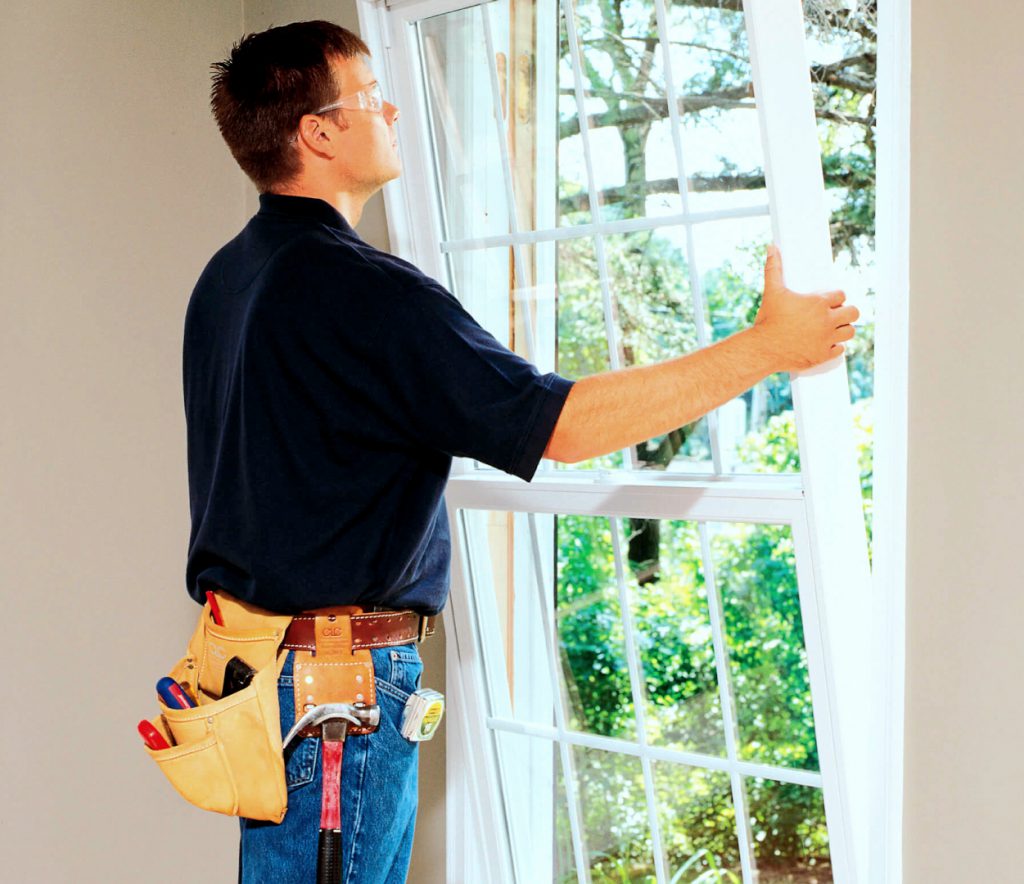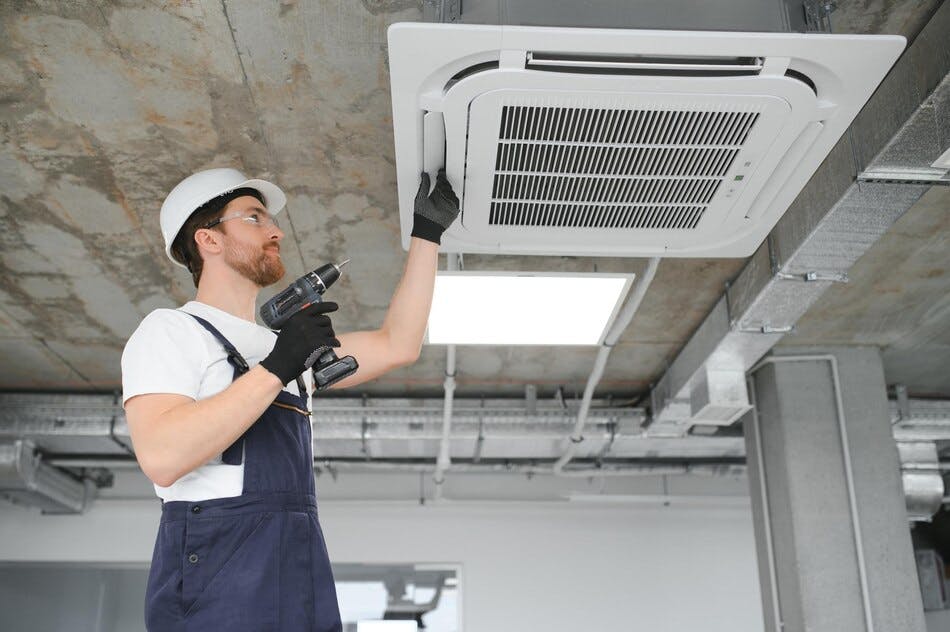DIY repairs are popular among homeowners in Singapore. They can save money and offer a sense of satisfaction. But without proper safety measures, even small tasks can become dangerous. Whether you’re fixing a leaky faucet, painting a wall, or drilling into tiles, understanding basic safety is crucial.
This guide outlines the essential DIY safety precautions you must follow before beginning home repairs. It’s especially relevant for HDB and condo homeowners who might not have access to professional tools or extensive experience.
- 1. Assess the Task Realistically
- 2. Read Instructions Carefully
- 3. Always Wear Proper Safety Gear
- 4. Power Tools: Know Before You Plug In
- 5. Work in a Well-Lit, Well-Ventilated Space
- 6. Secure the Area and Inform Others
- 7. Avoid Overreaching or Improvised Climbing
- 8. Unplug and Switch Off
- 9. Store Tools Safely After Use
- 10. Know When to Call a Professional
Why DIY Safety Matters
Every year, many minor accidents happen at home during do-it-yourself repair work. Slips, electric shocks, and falling from ladders are among the most common injuries. Some may seem harmless, but could lead to long-term consequences.
In Singapore, with tight spaces in HDB and condominium units, one wrong move could damage nearby fixtures or disturb neighbours. Practising safety helps protect you, your family, and your property.
1. Assess the Task Realistically
Before diving in, ask yourself:
- Do I possess the necessary tools and skills?
- Could this task expose me to live wires or plumbing risks?
- Will I disturb structural elements or shared building systems?
Some tasks, such as changing a light bulb or tightening a door hinge, are low-risk. However, others, such as rewiring a socket or fixing ceiling leaks, may be best left to licensed professionals in Singapore.
When in doubt, consult a certified professional, such as a handyman or technician.
2. Read Instructions Carefully
This might sound basic, but skipping the manual or YouTube tutorial can result in mistakes or injury. Many tools and appliances come with specific guidelines for safe usage. Never assume that all drills or wrenches work the same way.
Even common DIY items, such as wall anchors or adhesive hooks, have load limits. Check the material you’re working on — drywall, tile, or concrete may each require different anchoring methods.
3. Always Wear Proper Safety Gear
Wearing the right gear can prevent most injuries. Keep the following essentials in your home toolbox:
- Gloves: Protect your hands from sharp objects or chemicals.
- Safety goggles: Shield your eyes from dust, paint, or flying debris.
- Dust mask: Prevent inhalation of fine particles during sanding or cleaning.
- Covered footwear: Avoid wearing flip-flops when using heavy tools.
- Ear plugs: If you’re using noisy power tools, protect your hearing.
In tight Singapore apartments, flying debris or a dropped tool can easily ricochet and cause harm. Suit up even for “quick fixes.”
4. Power Tools: Know Before You Plug In
Power tools are efficient but can be dangerous if misused. Here’s what to keep in mind:
- Check cords for frays or exposed wiring.
- Ensure the socket and voltage match the tool’s requirements.
- Keep hands and hair away from moving parts.
- Use tools with a proper grip and control.
If you’re drilling into a wall in your HDB flat, use a stud finder to avoid hitting electrical lines or water pipes. Many homes in Singapore have concealed wiring, a wrong drill point could cause a blackout or flooding.

5. Work in a Well-Lit, Well-Ventilated Space
Poor lighting increases the risk of accidents. Ensure your workspace is bright enough, especially when working with sharp tools or chemicals. If natural light is insufficient, use a portable LED light.
When painting, using glue, or working with strong cleaning agents, always open windows or switch on the exhaust fan. Toxic fumes can accumulate rapidly in enclosed areas, such as bathrooms or storage rooms.
6. Secure the Area and Inform Others
If you’re doing repairs at home, make sure pets and children are kept away. Inform family members to avoid the space while you’re working.
In small homes or HDB flats, accidental collisions are a common occurrence. A family member may trip over cords or tools left lying around. Always keep your working area tidy and tools organised.
7. Avoid Overreaching or Improvised Climbing
Need to reach something high up? Use a sturdy ladder, not a wobbly stool or stack of boxes. Overreaching or trying to stretch on your toes is a common cause of DIY-related injuries.
Place the ladder on a flat surface and ensure it’s locked into position. If possible, have someone hold it for added stability.
8. Unplug and Switch Off
Before working with electricity, turn off the power at the main switch. Don’t rely on simply flipping the switch off. This includes:
- Changing light fixtures
- Fixing switches
- Replacing plug sockets
Electricity-related tasks are some of the most hazardous. If you’re unsure of how to isolate power safely, do not attempt it.
9. Store Tools Safely After Use
Once done, clean and store tools immediately. Leaving them out is dangerous, especially in homes with kids or pets.
Sharp tools, paint, and solvents should be kept in a locked cabinet or stored out of reach to prevent accidents. Always unplug power tools before storing them to prevent electrical hazards.
10. Know When to Call a Professional
Some jobs are simply not worth the risk. If your DIY task involves:
- Plumbing that connects to the building’s main water line
- Structural changes
- Electrical rewiring
- Aircon servicing
- Pest control
… it’s time to call in a licensed professional in Singapore.
DIY has its limits. Professional services may cost more upfront, but they often save you from costlier mistakes down the line.
Final Thoughts
DIY home repairs can be satisfying and cost-effective, but they must be done responsibly. In Singapore, where homes are compact and systems are interlinked, extra caution is essential. Always assess risks, wear proper gear, and know your limits.
Whether you’re hanging a shelf or replacing a faucet, safety should always come first. When unsure, leave it to a licensed handyman or technician. A safe home is a happy home.






